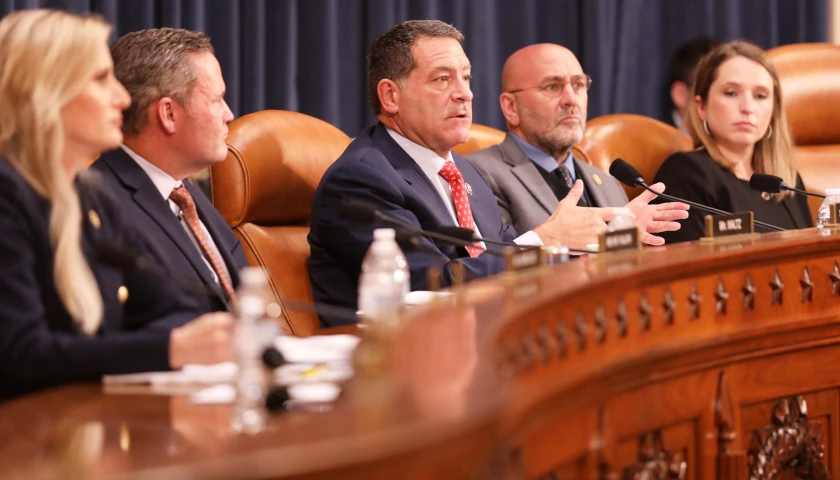I sat down with State Senator Mark Green early this summer to talk about general teacher issues. It was a lively discussion. We discussed a wide range of education issues, but focused on teacher ethics, growing responsibilities and increased workload.
I suggested to him that policymakers were always focused on what teachers were supposed to do, or were being mandated to do. We have a code of ethics for example, but nothing that identified specifically as teacher rights. Senator Green agreed, and said that was an issue of concern. Normally “responsibilities” are accompanied by “rights.” Respecting the authority of teachers is essential to creating an environment conducive to learning, effective instruction in the classroom, and proper administration of our local public schools.
I also talked with several other state legislators, such as Representative Joe Pitts and Representative Jay Reedy, who are state leaders with a long history of being concerned with the treatment of our teachers. As we know, teachers are on the frontlines of educating our children. They, too, were concerned about the rights of teachers.
Over the course of several months, with much teacher input, we began narrowing down some key principles. Some of these principles are: Be treated with civility and respect; have his or her professional judgment and discretion respected; report any errant, offensive, or abusive content or behavior of students to school officials or appropriate agencies; provide students with a classroom and school in which the educators, students, the property of the educator and students, and peers will be safe; and, defend themselves and their students from physical violence or physical harm. These all seem like common sense proposals.
Other issues, such as the right to share information regarding a student’s educational experience, health, or safety with the student’s parent or legal guardian unless otherwise prohibited by state law or the federal Family Educational Rights and Privacy Act (FERPA), codified in 20 U.S.C. § 1232g; and, the right to review all instructional material or curriculum prior to those materials being utilized for instruction of students were also included. Apparently, some teachers feel they have been kept from notifying parents of student progress or concerns. In addition, they had not previously seen some of the materials they were asked to use in the classroom. Again, innocuous issues that educators should have the right to do in their role as classroom teachers.
Other issues that surfaced, were that a teacher should not have to spend their personal money to appropriately equip a classroom. Teachers were also concerned with numerous evaluation issues, and would like to ensure that evaluated only by trained evaluators. Teachers being coerced into political activities did not make the list, but is frequently cited.
Senator Green took the lead and drafted Senate Bill 14 to address some of these issues. In fact, it was one of the first bills filed this year in the Tennessee General Assembly. Representative Reedy filed the companion bill, House Bill 174, as well a few weeks later.
As we discussed the pending legislation last week, Senator Green said he has received very favorable feedback from teachers in his district. However, since the legislation is statewide he wanted to hear directly from other educators across the state. He asked for your thoughts on the subject.
Do Tennessee teachers need a Bill of Rights? And is Senator Green on target with Senate Bill 14? Let him and your state legislators know your thoughts by emailing him directly at: [email protected].
##
JC Bowman is the Executive Director of Professional Educators of Tennessee, a non-partisan teacher association headquartered in Nashville, Tennessee. Follow him on Twitter @jcbowman. Permission to reprint in whole or in part is hereby granted, provided that the author and the association are properly cited.
– – –





